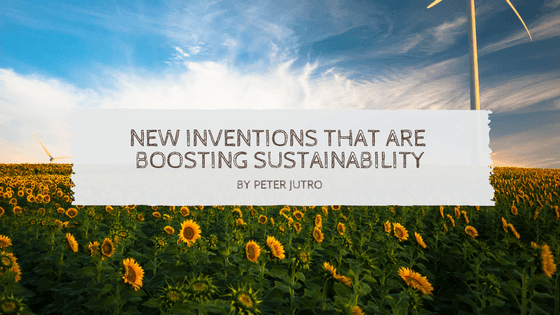The rate at which unsustainable practices are damaging our globe hasn’t slowed. Air pollution alone grew 8% from 2011-2016, while every year, some 14 billion pounds of trash makes its way into the seas. These rising waste levels don’t just threaten our environment; our garbage affects us as well. Pollution is a major cause of death worldwide, affecting the health of over 100 million people every year.
Against such striking numbers, any attempt to stem the flow of toxic byproducts may seem futile. But recent human development has created more than just an overflow of pollutants. Hope, too, is now abundant, thanks to a slew of new toxin-fighting tools and technologies.
The Seabin
Part-submersible, part-garbage can, the Seabin aims to tackle the 5.25 trillion pieces of trash currently floating among our oceans. The concept for the aquatic garbage cleaner was dreamed up by Australian surfers Pete Ceglinski and Andrew Turton in early 2016. Since then, they’ve raised $267,000 in a fundraising campaign online, and brought their creation to life. The Seabin V5 is a cylindrical trash sweeper outfitted with an electric vacuum, catch bag, and oil absorbent pads for soaking up petroleum. The V5 is designed for patrolling marinas, ports and yacht clubs. Each unit can capture around three-quarter tons of debris each year.
LifeStraw
For the 663 million people without adequate access to clean water, LifeStraw has the potential to truly live up to its name. Devised and built by Swiss sustainability firm Vestergaard, Lifestraw utilizes hollow microfiber technology to filter out 99.9999% of harmful bacteria and 99.9% of waterborne parasites, as well as diseases such as Hepatitis E, Typhoid Fever and Dysentery. The device works like a conventional straw; users suck in and water enters a filtration chamber, where microfibers trap undesirable elements, leaving clean, chemical-free water. Lifestraw is reusable for over a year. As a safety measure, it prevents any accidental consumption of unfiltered water by slowly shutting down the flow rate as the straw wears out.
Avani “Plastics”
It was raining, and Indonesian entrepreneur Kevin Kumala could only watch as a column of motorcyclists sped by wearing cheap plastic ponchos. At that moment he realized how those ponchos would end up: tossed into a landfill and left there, never to decompose. In 2014, after years of research and collaboration, Kumala introduced the world to his newly founded company Avani’s pilot product–a fully biodegradable plastic bag, made from cassava starch and other natural elements. Today, Avani provides a range of eco-friendly plastic products, including shopping bags, food and beverage packaging, and hotel amenities.
Trash build up isn’t going to stop anytime soon. The good news is neither will the development of sustainable technologies. Green inventions are a step in the right direction; if things keep up, someday soon we may be able to even more substantially mitigate the ill-effects of human waste production.

